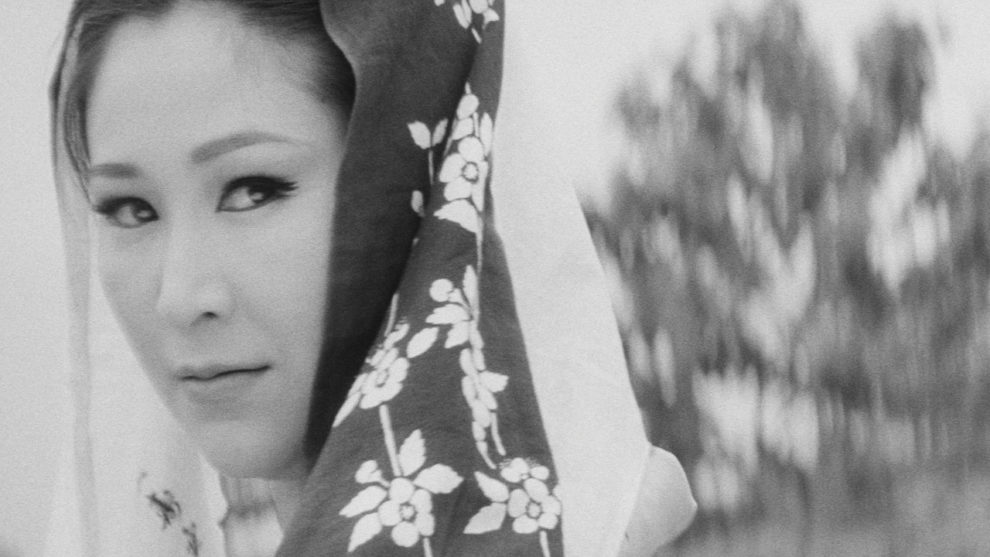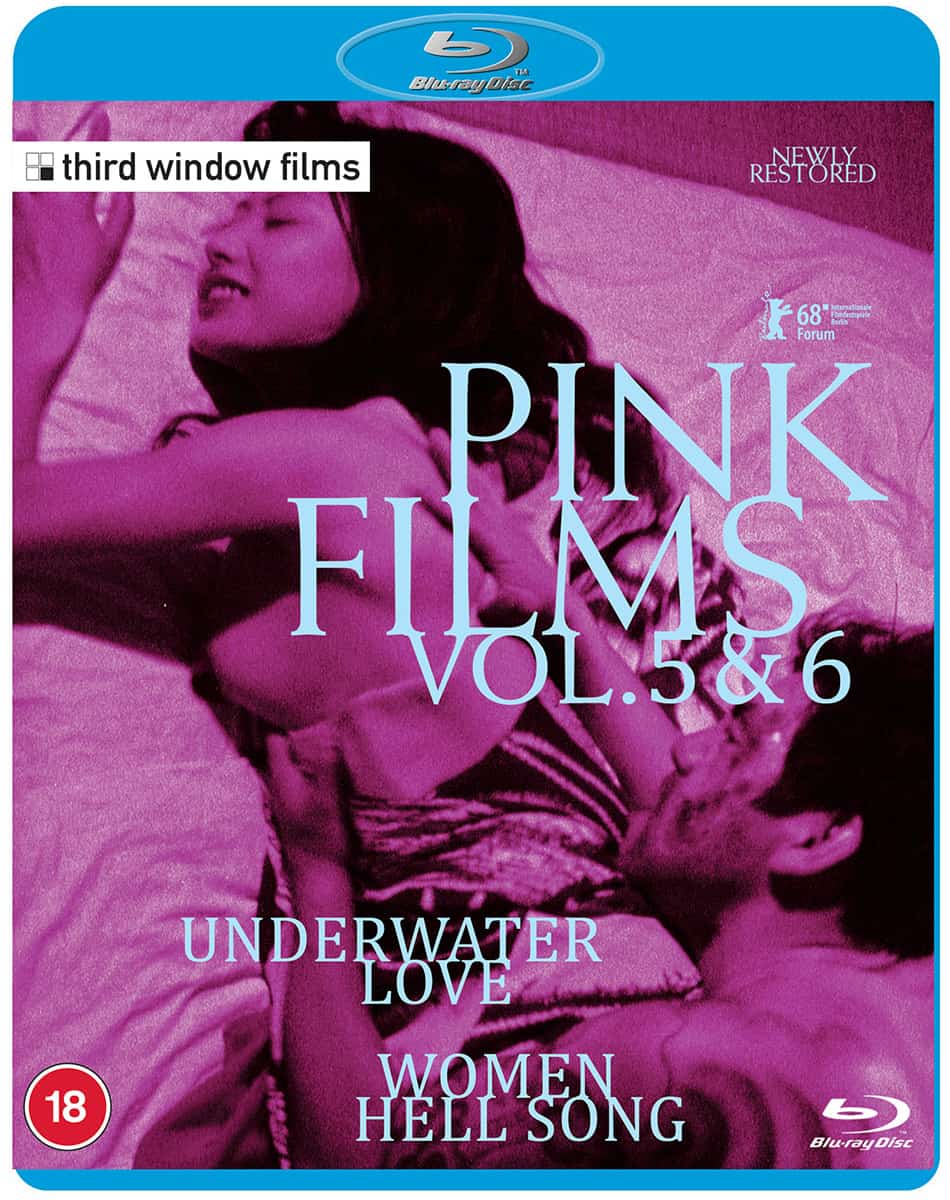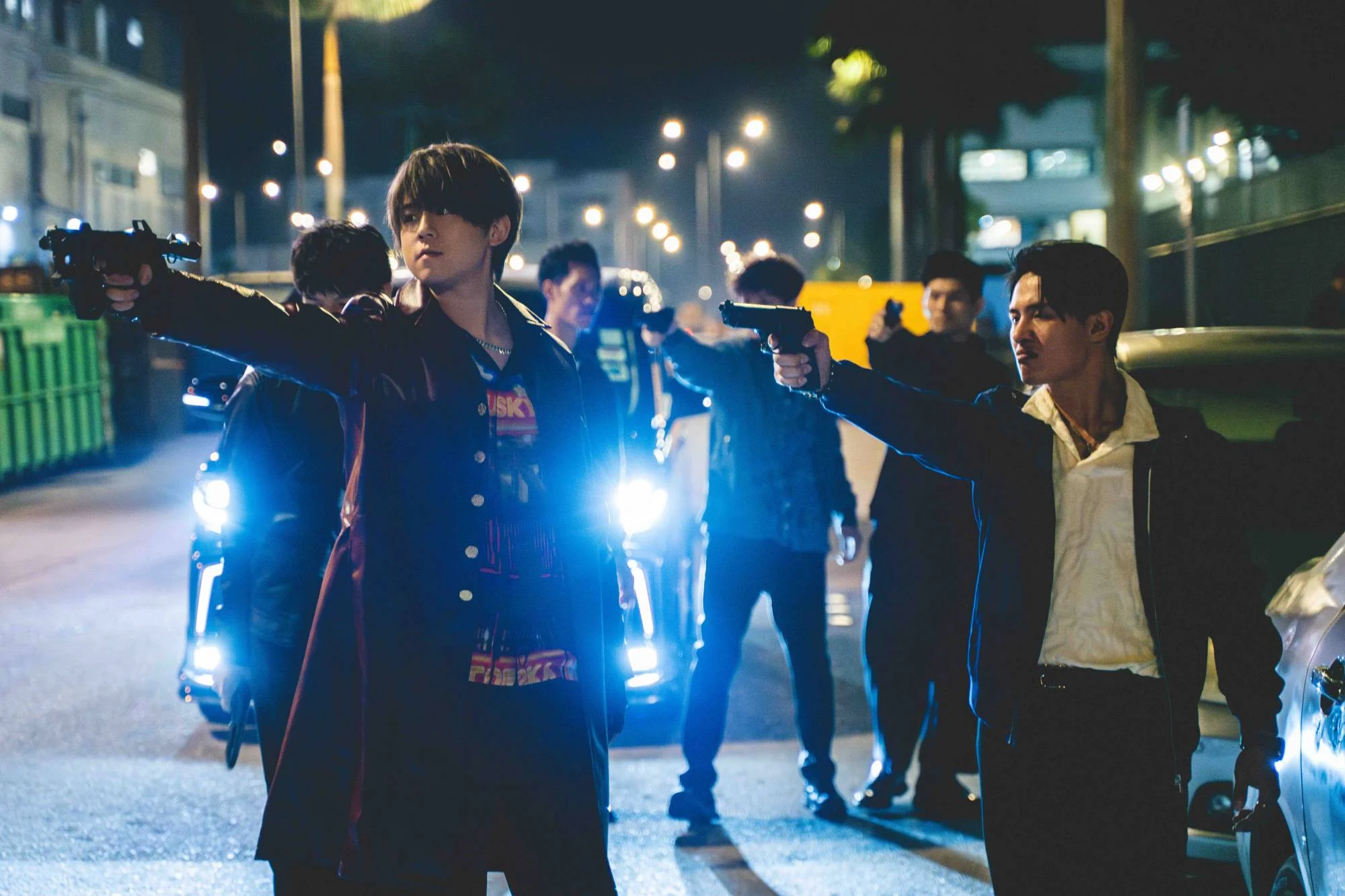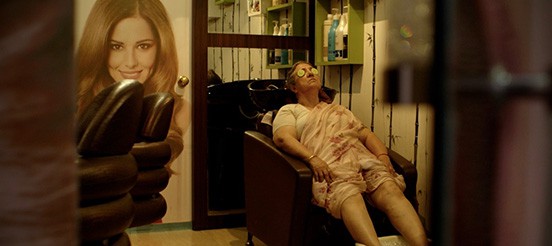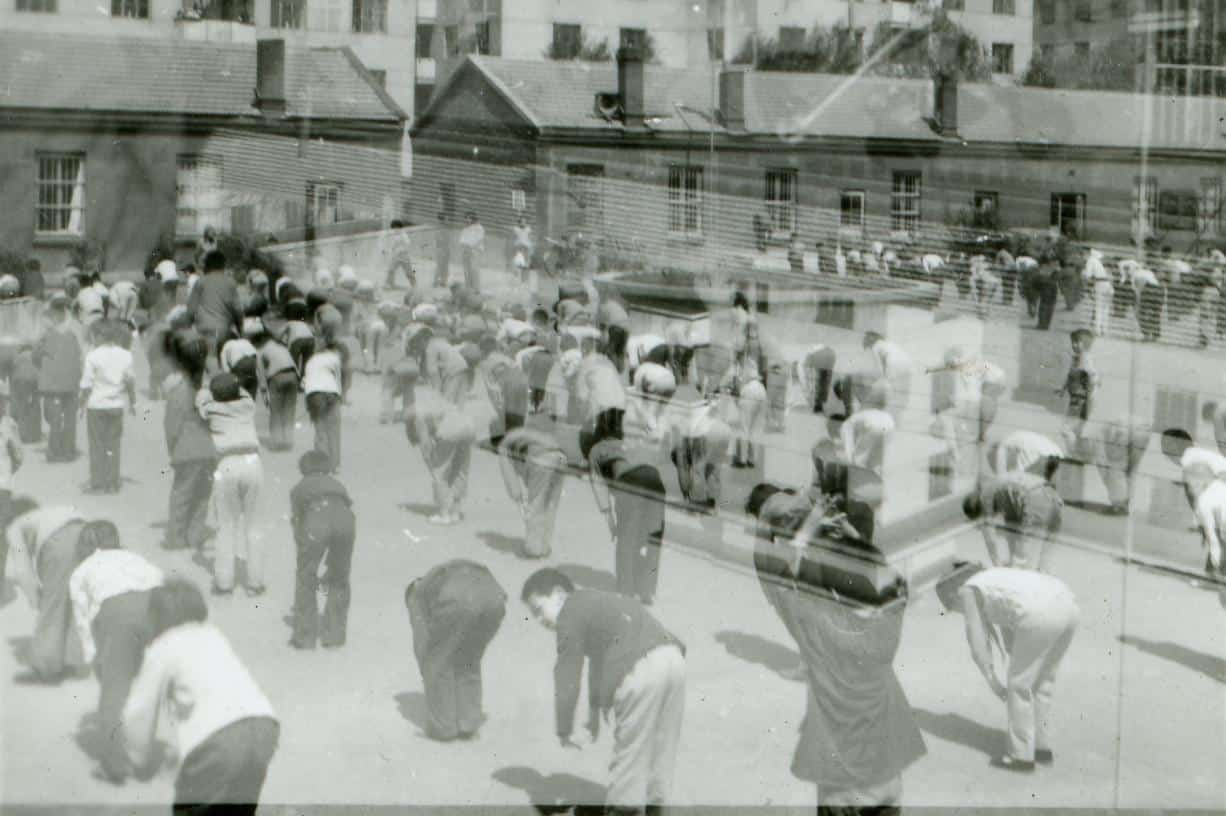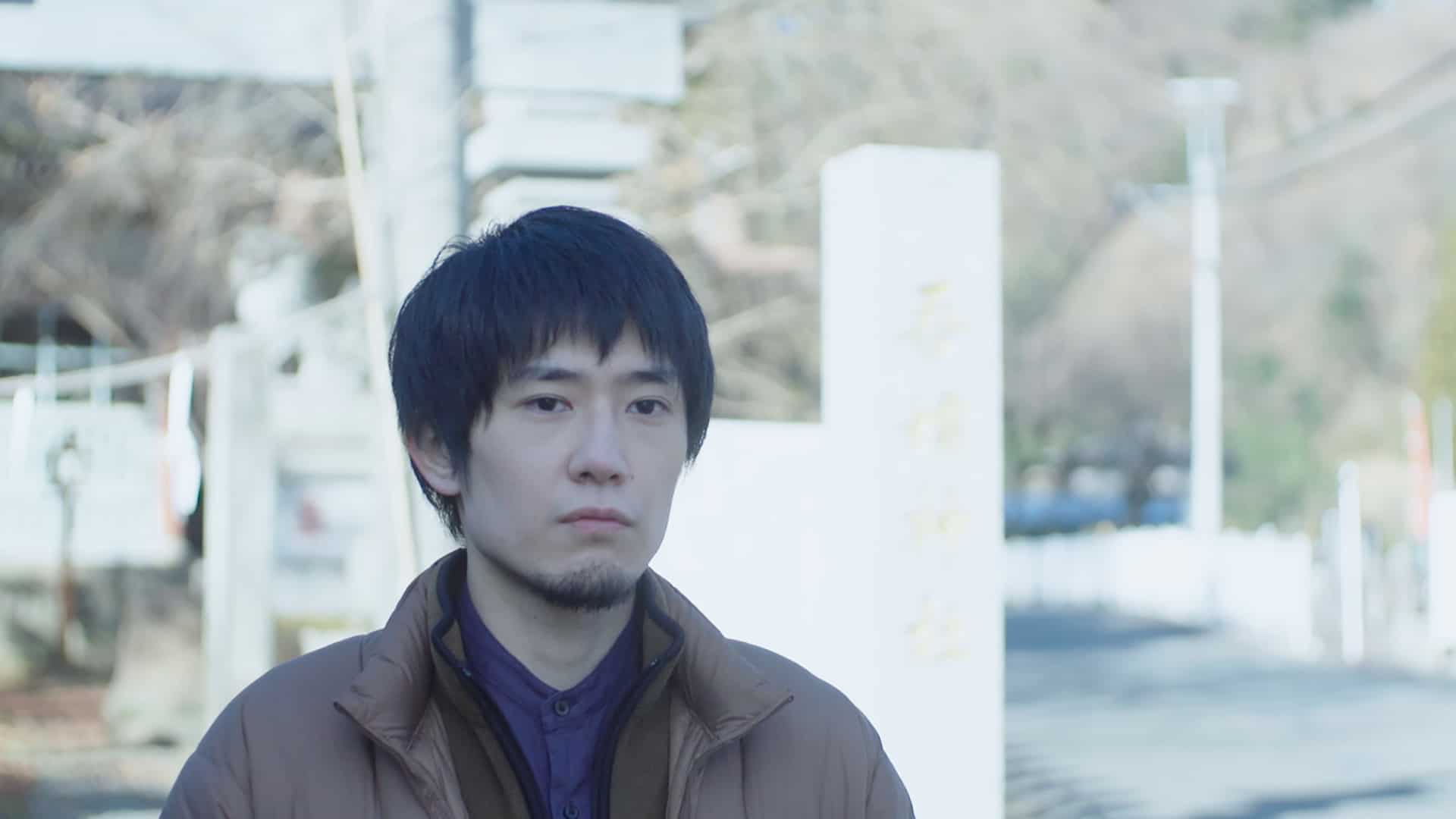Within the genre of pink film, we have seen time and time again that the genre can result in quite interesting entries, often tackling relevant social issues or, at the very least, reflecting the political climate of the time. Features such as Koji Wakamatsu's “Violence Without a Cause” or Hisayasu Sato's “An Aria on Gazes” show the potential, which often brings forth a director's best attributes, especially his/her creativity. Particularly in the 1970s, many pink films and exploitation features included quite a few noteworthy female characters, with sexuality being one of the essential means of political and social repression or a sign of the savage nature of patriarchy. While considered a response to the “Red Peony Gambler”-series, Mamoru Watanabe's “Women Hell Song” is more than just an imitation of the formula, as its portrayal of sexuality and femininity, along with its aesthetic qualities make it an interesting entry into the genre of pink film.
Buy This Title
The story revolves around the character of Okayo (Katori Tamaki), nicknamed Benten due to the tattoo of a Buddhist goddess on her back. During her escape from prison, she is captured by Genturo Honda (Muto Shusaku), a cruel police officer, who sells her to Ginji the Viper (Yoshida Jun), a gangster prone to sadism and violence. The criminal and his men rape her repeatedly, but before they are able to kill her off, the gang is surprised by an intruder, who shoots Okayo's attackers, and finally rescues her.
Three years later, Okayo has managed to escape the police and other gangsters, but wishes to meet her mysterious rescuer. However, her peaceful days wandering the roads of rural Japan are over when Ginji, who miraculously survived the assault years ago, recognizes her and wants payback. Upon meeting a young woman, Okayo also learns about the fate of Honda, who has quit the police force and has become the wealthy owner of a cotton mill, with various connections to the underworld. Set on finally getting her revenge, Benten makes her way to Honda's estate, when she runs into a student, who not only knows a lot about her, but also feels quite passionate for her and might just be the man who rescued her all these years ago.
Although the concept of the pink film demanded of course the addition of a few sex scenes within the story, Watanabe uses these within the context of a certain portrayal of society. Aside from one notable exception, the act of sex is mostly concerned with power, suppression or degradation, such as in the rape of Benten by Ginji and his men before they plan to “peel off her skin” as they put it. Perhaps one of the most brutal of these scenes is Honda “testing out” a girl who is about to work for him, with him continuing to rip off her clothes and violating her body, despite her constant pleas to leave her alone. The combination of sounds as well as Seiji Ikeda's cinematography highlight the savagery, the violence and the animal nature of the act in order to emphasize these as key features of a distinctly male society in which women seem to be nothing more than wares or goods that can be traded to the highest bidder.
In that context, Benten represents the character questioning society and therefore steps out of it. Her reputation as an outlaw, which we see from the very first moments of the feature, manifests her as a kind of rebel against these repressive social rules, or indeed even a truly free spirit evading the control of men and who is able to fight them off. Although lacking the expressive and nuanced approach of actresses like Meiko Kaji, Katori Tamaki as the lead character nevertheless gives quite a convincing performance, emphasizing the two sides of Benten: on the one hand the compassionate listener and later on lover, and on the other hand, the vengeful spirit haunting those who harmed her or others. Watanabe's feature seems to even go one step further, showing her spiritual connections towards Buddhism, indicated by her tattoo, resulting in a delirium-like sequence, but this part fails to leave an impact.
In the end, “Women Hell Song” is a pink film whose aesthetics and themes also make it a comment on sexuality and patriarchy.


